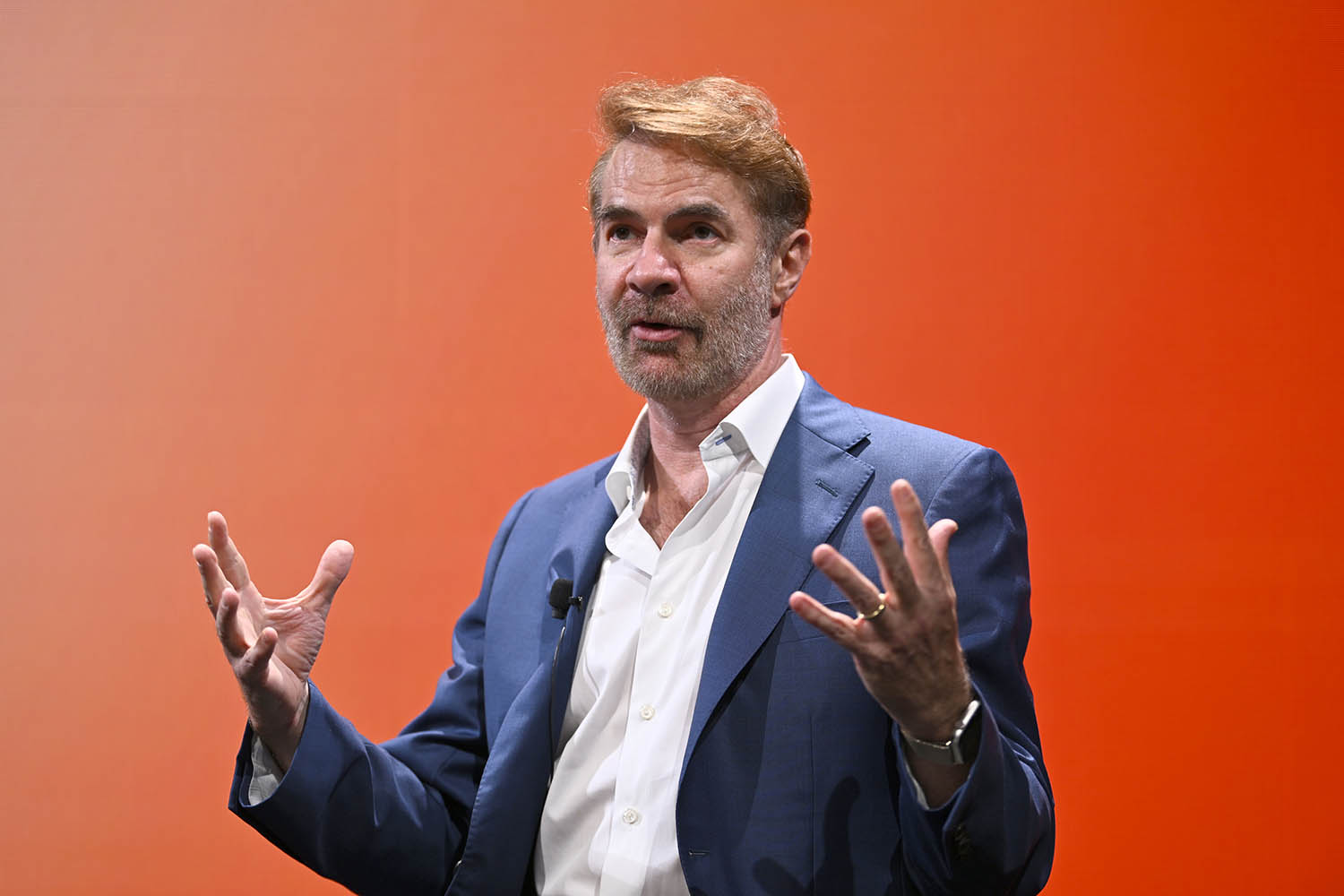In an influential Ted talk in 2013, economist Erik Brynjolfsson said employers should use artificial intelligence to improve productivity by augmenting workers’ human capabilities; their main goal should not be merely to replace people with AI. Now he and two Stanford colleagues have published the first clear look at whether anyone is heeding his advice. Their paper, “Canaries in the coal mine? Six facts about the recent employment effects of artificial intelligence”, paints a mixed picture but clearly shows some jobs being destroyed by AI.
Workers aged 22-25 saw a 13% hit to employment in jobs where there has been the greatest adoption of AI. The cuts were mostly in entry level jobs doing tasks easily automated by AI. By contrast, established workers in sectors where AI offers big opportunities for augmentation were barely affected.
The US findings may be equally true for the UK, where there is anecdotal evidence of entry-level jobs vanishing. Given the higher costs of laying off workers in Britain, employers here may be even likelier to prefer AI over hiring humans. The government should create carrots and sticks to get businesses to prioritise using AI to augment human capabilities and create career pathways and training for those whose skills are most vulnerable.
Newsletters
Choose the newsletters you want to receive
View more
For information about how The Observer protects your data, read our Privacy Policy
Related articles:



